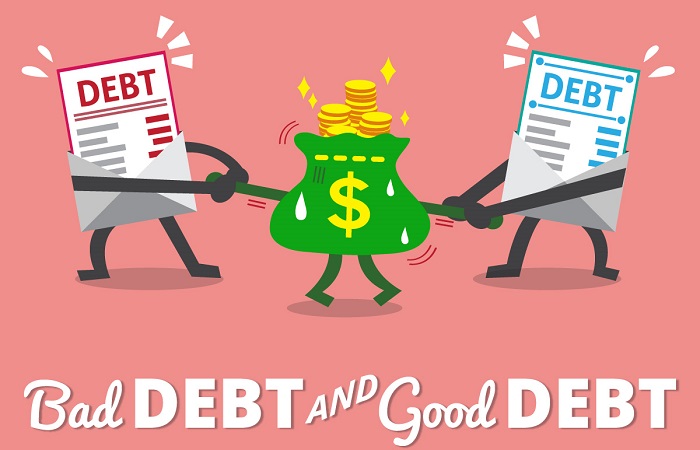Do you remember the piggy bank you had as a kid? Didn’t we all get excited about filling it up with every penny we got from our parents and relatives? Well, that was our parents’ way of teaching us that saving money is a good habit!
Now that we’re all grown up, it’s become more evident than ever that saving money isn’t actually that simple. We get tons of financial advice from a lot of people. But, do you know which ones are good and which ones are bad? We are here to give you a heads-up about the 6 worst pieces of advice you may get.
1. “Save X amount of money every month and you’ll be sorted!”

You’ll generally hear this from friends and family members. While they do it with good intent, you, only you, have a complete, realistic understanding of your, income, expenses and investments to know how much you can afford to save every month.
Let’s say, your income is Rs.50,000 per month, your expenditures and investments sum up to Rs.40,000, and your well-meaning advisors ask you to save Rs.20,000 every month. That isn’t really a practical advice, is it? You need to decide how much you want to save every month based on your income and expenditure. However, you can definitely save more by planning your expenses more effectively every month.
2. ”Put your bills on autopay”

This is a big no-no if you’re on a tight budget. It is very important to plan and calculate every expense carefully. Autopay bills are most likely to slip out of your mind. This is just one of the problems you may face when you put your bills on autopay. There have been many cases where the customer has been charged extra by the merchant. You may not even notice that you’ve been wrongly charged because you are not checking, approving and paying the bill yourself. Worst case scenario, there are high chances of fraudulent activities happening in your account!
All of this can be easily avoided if you plan and dedicate a couple of hours every month to take control of checking and paying the bills.
3. ”Renting is just throwing away money.”

Many of us have heard that investing in a property is one of the best things to do. Is it good advice for everyone though? No! Investing in a property means shelling out a lot more money than your monthly rent for home loans, property taxes, maintenance costs, insurance, etc. After buying a property, if you have to move for work or any other reason, you can’t immediately liquidate your property. The same goes for your furniture and appliances. Buying furniture and appliances for your house can be an expensive affair. Renting makes it lighter on your pocket. Unless your monthly income and job absolutely allow you to make such commitments, it is better not to invest in properties and furniture. Rent one instead!
4. ”It’s okay to have good debt.”

‘Debt’ is where the first party owes a certain amount of money to the second party. It’s that simple!
There is the concept of good debt and bad debt, but we believe there is no debt that is good. A few debts that will help you earn a higher amount of money in the future may be a wise decision but in the end, it is a DEBT! Student loans, business loans, car loans, and mortgage loans are considered good debts.
To an extent, student loans and business loans may be considered wise but you should try to pay it off as soon as you can to reduce your monthly expenses. Try to avoid taking car loans or mortgage loans if you haven’t reached a point where you still have a decent balance left in your account after your monthly expenses and savings.
5. ”You are too young to save for retirement.”

It is never too early to start saving for your retirement. The more you save for the golden years, the more worry-free you’ll be after you retire. A lot of retired people get stressed about not having enough money during their retirement years. The medical expenses that we might have to bear in our old age might be a lot on its own! We never know what other expenses might come our way during that time. We can only rely on our retirement savings.
6. “Credit cards are a must-have!”

Credit cards are extremely helpful when you have to make large purchases but it might also become the reason that you’ll end up spending unnecessarily and carelessly. A lot of banks have started EMIs on debit cards as well. It’s always better to spend the money you have rather than spending the money you don’t have.
However, if you do decide to own a credit card, it is advisable to use only up to 30% of your credit utilization. Any more than that can hamper your credit score.
Trust us, the best and most effective way to keep track of your expenses is by sticking to your debit card!
In the end, we know what’s best for us. We have to scrutinize and judge every bit of financial advice we get and understand what works for us, what doesn’t.
Meticulously calculate your budget and do what’s best for you in the long run. Get some professional help if you need to but do your own research as well!
Your finance is your finance. Nobody else’s finance! 😛









Great post. Articles that have meaningful and insightful comments are more enjoyable, at least to me. It’s interesting to read what other people thought.